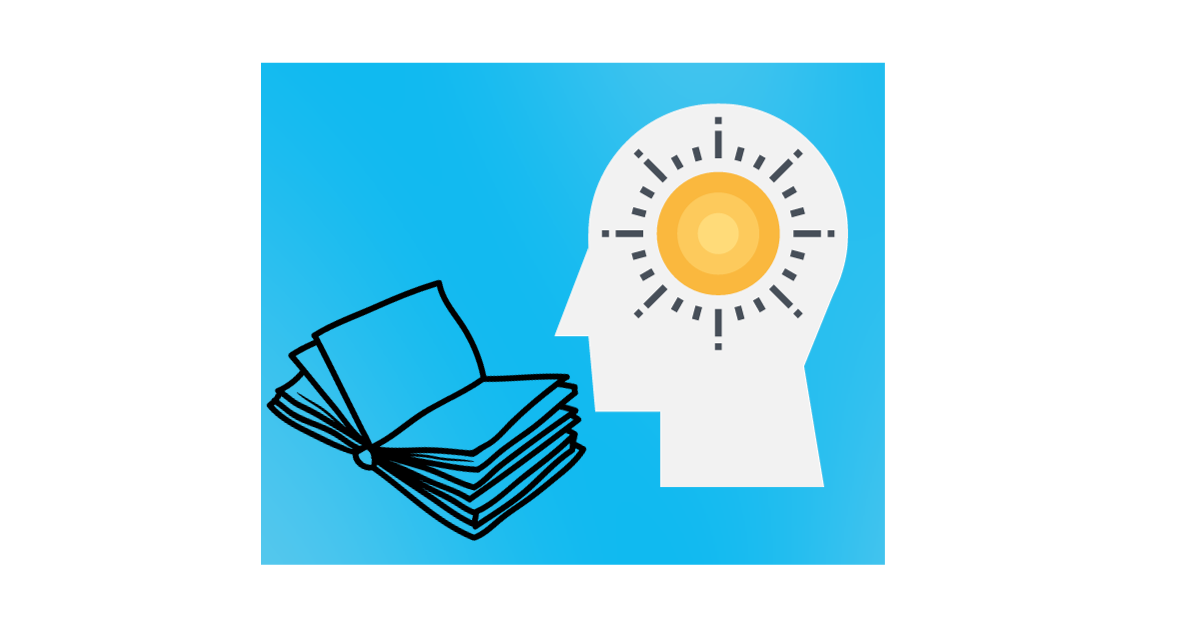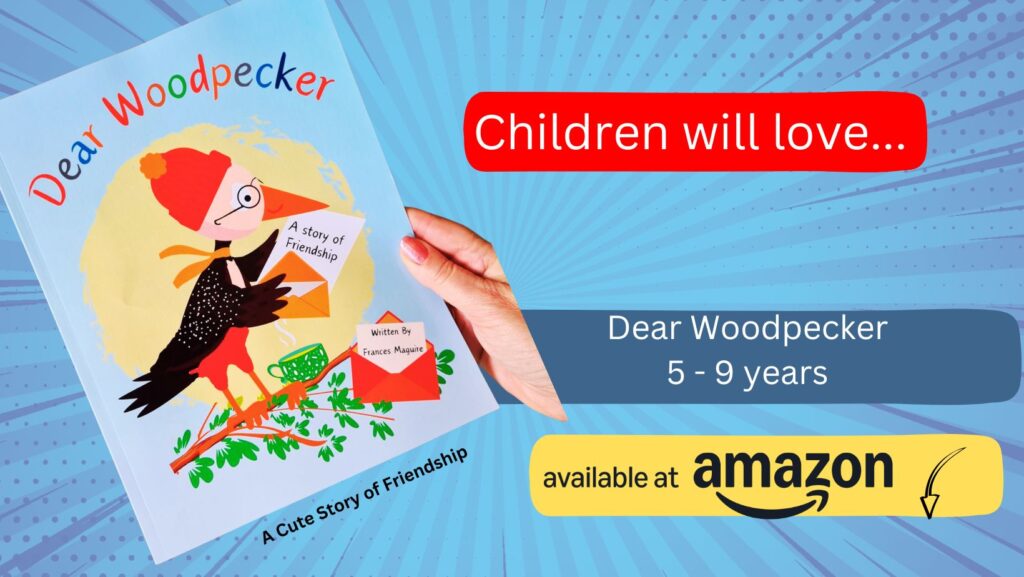The definition of Reading for pleasure is,’ Reading we do of our own free will, anticipating the satisfaction we will get from the act of reading‘ (National Literacy Trust). Teachers and parents understand the importance of teaching children to read because reading gives us a window to the world and access to knowledge. But, how many of us realise that reading for pleasure has a profound impact on children’s lives.
Research
Recent research conducted at Cambridge University, shows that children’s brain structure is positively altered, their mental wellbeing improved and their ability to gain higher academic achievement enhanced when they regularly read for pleasure.
(Yun-Jun-Sun Et al., 2023). Click here to read the full paper
Reading For Pleasure Is Low.

‘Children’s brain structure is positively altered’.
For children who read for pleasure this is good news. However, reports now indicate that the majority of children do not read for pleasure. In fact, reading for pleasure is at its lowest level for 20 years. Julia Donaldson explores the reasons for this in her recent BBC Radio 4 Analysis Podcast, “Can Reading Really Improve Lives?” Listen Here.
The reasons for children’s lack of interest in reading are varied. Children prefer interactive games, especially as the graphics are so engaging, using their phones with different apps and going out with friends.
Reading For Pleasure: Not Always A Choice Children Make.


The reasons children do not want to read for pleasure are varied and complex.
1. Being ‘Turned Off’ Books.
As a teacher, the pressure placed on children to reach levels and stages when learning to read saddened me. There was a pause for enjoyment and pleasure because teachers and parents push for progress, quickly moving children through book bands to demonstrate it. This comes at the price of enjoyment and confidence building. I have seen countless children, ‘turned off’ from the pleasure of reading for this reason.
Role Models
Surroundings influence children. Seeing parents and teachers reading will encourage children to read too because children like to be involved in what their parents like to do. Research from the National Literacy Trust suggests that the parental role in modelling reading has the greatest impact on encouraging children to read for pleasure. Click here for National Literacy Article.
Lack of Reading Book
When books are available and placed in an inviting way, children will want to read. However, books can be expensive and not seem a priority because parents have so many other financial commitments to face. However, libraries are a great place to get books and do not charge. Likewise, some old phone boxes are drop off points for books and are free or available for a swap. Boot sales and charity shops sell affordable books.


What can we do to encourage reading for pleasure?
As parents and teachers, your involvement in a child’s reading journey is a powerful investment in their future success and well-being. This is because, by making reading a pleasurable and regular part of your child’s routine, you are not only fostering cognitive skills such as language development and critical thinking but also contributing to their emotional resilience and mental health.
The intimate connection between early reading and positive brain structure in adolescence emphasises the transformative potential of this simple activity. Reading a book with a child, laughing together and discussing the story, demonstrates a wish to spend time with them. Making time to read is of course a challenge for busy parents. A book shared after tea, before bath time, on car journeys if someone else is driving of course. is a good way for children to associate reading with positive feelings.
Click here for ideas about reading aloud to children.
Re-Reading Books
It is good practice to reread picture books because children enjoy exploring the illustrations. Children will enjoy aspects of the story missed the first time as they read the book again. Physical Books or devices? The benefits are the same whether children use kindles or hold physical books. Children’s vocabulary will improve, they will learn and gain knowledge and confidence. As with most things a balance of different reading materials are preferable. The important outcome is to encourage children to love reading and associate it with relaxing and stepping into an adventure.
In conclusion
Reading improves brain structure in a positive way. It is good for relationships, confidence and reading ability. So, pick up a book today and read for pleasure with your child because there are benefits to be gained.

